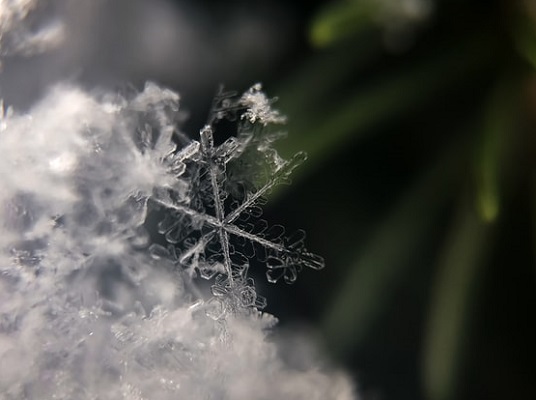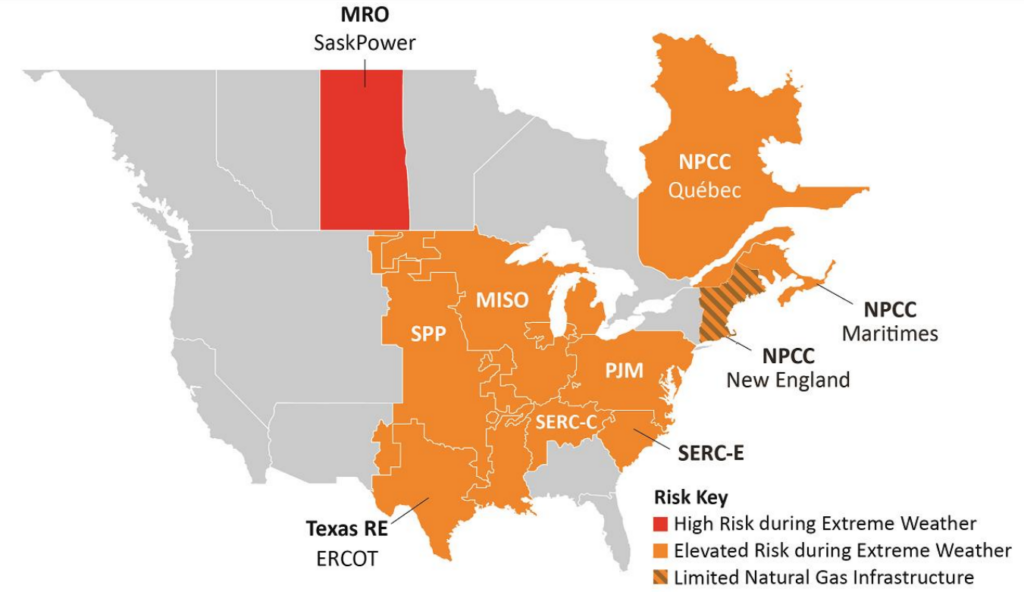We’ve complained about energy security and reliability in the Northeast for years. ISO New England warned policymakers ten years ago that we had demand and infrastructure issues that continue to go unaddressed. And they remain unheeded.
Here are a few more recent examples.
- Vermont Democrats Want You to Freeze to Death
- Winter is Coming: Is It Time for New England to “Pay” the Green Energy Piper?
- Another Reason to Vote Out Democrats – The Potential for Rolling Blackouts in a New England Winter
- New England’s Shortsightedness on Energy Isn’t Just Bad for You; It is Bad for The Green Agenda
-
Northeast Activists Still Working to Ensure We All Freeze to Death
We’ve got dozens more, but you get the point, and perhaps in ways you’d rather not. With all the focus on decommissioning reliable on-demand generation in the absence of any replacement, the break-neck, cutthroat, at all costs (mostly yours) Biden energy transition looks more like a planned culling of locals when demand exceeds supply and people lose power. And the threat is increasingly real for many of us.
The National Rural Electric Cooperative Association (NRECA) has released a winter reliability assessment for North America, and it is not flattering to the Biden Energy Agenda.
(Fox Business)The North American Electric Reliability Corp. (NERC) warned this week that more than half the U.S. is at an elevated risk of blackouts this winter due to a combination of increased demand, regional power generation shortfalls and potential fuel delivery challenges in the event of prolonged cold weather events.
The findings came from NERC’s annual Winter Reliability Assessment released Wednesday, which, for the first time in its 55-year history, pointed to energy policy as one of the top threats to the U.S. power grid due to the Biden administration’s green agenda.
The Report (here) includes a map with some details as well as information about each region.
The Map blurb for New England includes this.
• NPCC-New England: The capacity of natural gas transportation infrastructure could be constrained when cold temperatures cause peak demand for both electricity generation and consumer space-heating needs. Potential constraints on the fuel delivery systems and the limited inventory of liquid fuels may exacerbate the risks for fuel-based generator outages and output reductions that result in energy emergencies during extreme weather.
These are problems shared by huge chunks of the nation.
Here in New England, the issue has festered for many years, but efforts to improve the situation are met with resistance. The keep-it-in-the-ground nimrods who hate reliable energy run scare campaigns that set the NIMBY folks into action, and before you know it, infrastructure gets canceled.
We should be adding to Seabrook Nuclear not talking about decommissioning it. Could Northern Pass have been handled differently? Getting a gas pipeline to bring needed energy north (or any direction) is as impossible as a pipeline from Pennsylvania’s rich gas fields across New York State, which will not allow it.
Our own members of Congress have done nothing to allow domestic gas and oil to travel from the Gulf of Mexico to New England, so you’d be right to think they rather see your wallet raped and your toes freeze.
They are guessing mild winter where I live, and maybe that’s what we’ll get, but it only takes one storm (and we get those) with extreme cold to stress the grid and send everything in a tailspin. But a huge chunk of that map above is expected to have a lot of snow and cold this season, and according to NERC, they are at risk from Biden’s Energy Agenda and it doesn’t need to this way.


